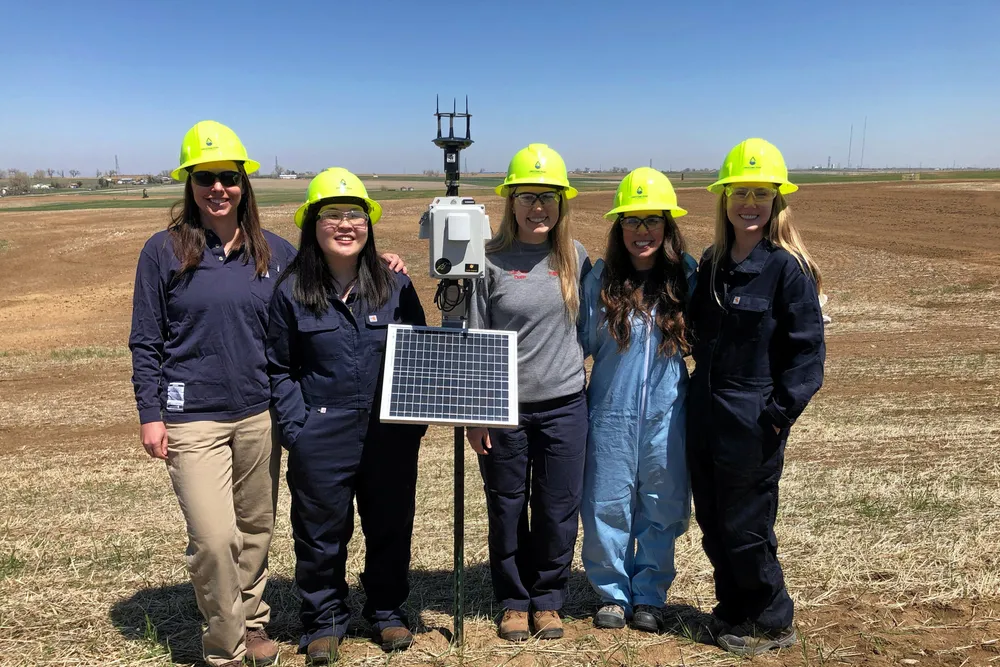'If you can't measure it, you can't improve it': Project Canary doing the sums on carbon
Movement toward cleaner LNG requires standardised measurements from the field to the vessel

Movement toward cleaner LNG requires standardised measurements from the field to the vessel
